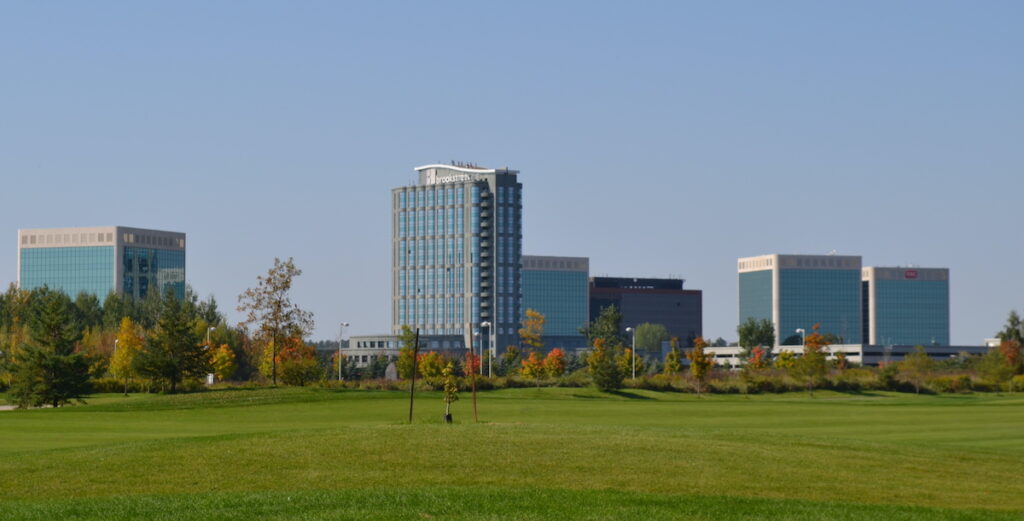
Pamela Cruz. Pen sula 360 Press [P360].
After Time magazine published its list of the 100 most influential companies in the world, the city of Silicon Valley remains a global favorite for companies that are constantly innovating in various aspects.
The list, published at the end of April, shows that the Bay Area and California remain at the top among the cities with the greatest influx of this type of company.
As of 23 of the most influential companies are in the Bay Area, another seven are in the Los Angeles Area and one is in San Diego.
While there is certainly an ear to the Bay Area due to the high cost of space, nearly half of the 64 US companies on the list are based in California.
The list includes San Jose-based Zoom, San Francisco-based DoorDash, and Los Gatos-based Netflix, three companies that have become indispensable parts of our daily lives.
Companies dedicated to online payment systems have also decided to stay in the Bay Area, with Stripe, based in San Francisco, and PayPal, in San Jose.
Other Bay Area tech companies on the list include social media giants Facebook, Nextdoor and Twitter.
Also joining the ranks are online class provider Coursera in Mountain View and fundraising platform GoFundMe in Redwood City.
It is impossible to imagine Silicon Valley without the giants Apple and Google. And in the realm of accommodation offering platforms, Airbnb is located in San Francisco.
It's not all plain sailing
Although 1938, when Hewlett-Packard was founded outside San Francisco, is considered the beginning of Silicon Valley, the truth is that today there is greater discontent over the high cost of living, low availability of housing, as well as high levels of crime.
Although it has been mentioned that some of the main competitors in this area of the bay could be Los Angeles or New York, the state of Texas seems to be capturing the interest of some technology firms, whether it is the city of Houston or Silicon Hills, on the outskirts of Austin.
Since 2013 there has been talk of strong growth in these areas, with many jobs in the commercial sector.
